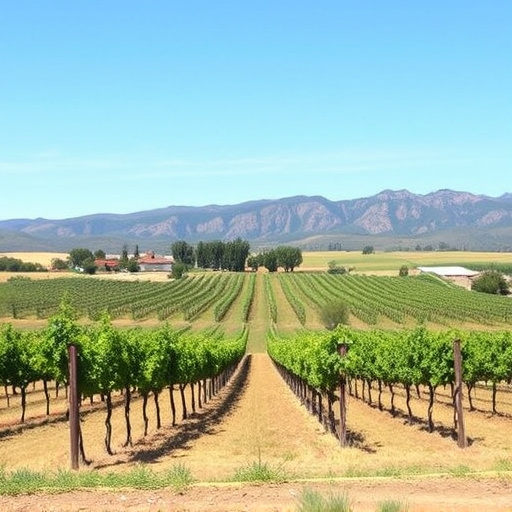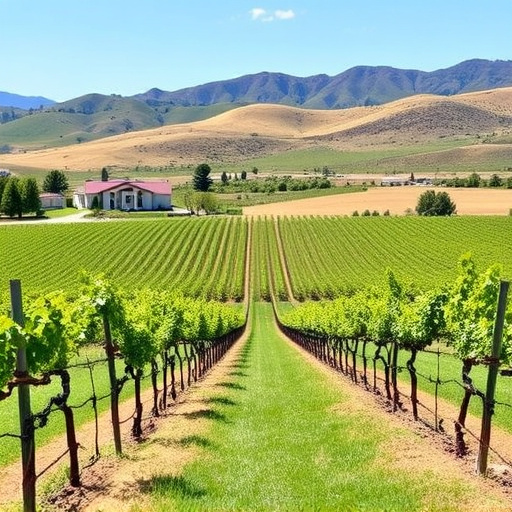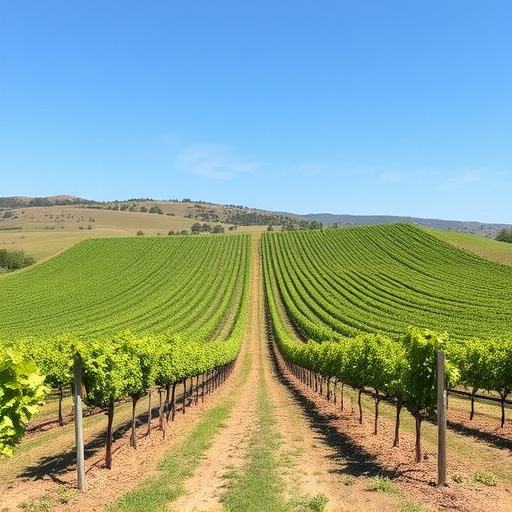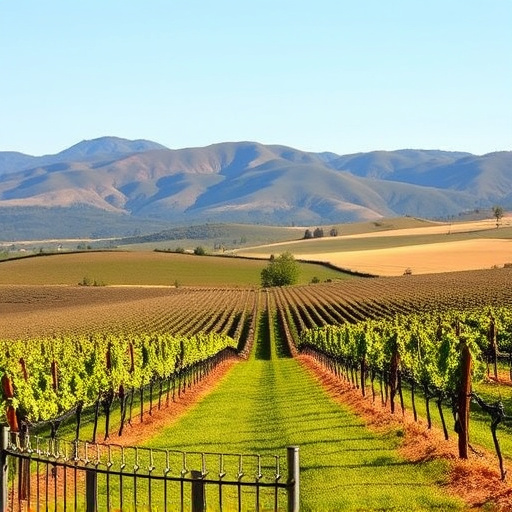In the Sonoita region, Sonoita vineyards are revolutionizing winemaking through dry farming, an eco-conscious practice that minimizes irrigation and conserves water. This ancient technique nurtures deep root systems, preserves the region's unique terroir, and produces full-bodied, distinctive wines. By adopting sustainable viticulture, these vineyards not only protect local ecosystems but also attract wine enthusiasts seeking both quality and conservation efforts, positioning Sonoita vineyards as leaders in responsible winemaking.
“Discover the innovative world of Sonoita vineyards embracing eco-conscious practices with dry farming as their sustainable cornerstone. This region’s unique approach to viticulture, characterized by minimal irrigation, is transforming the wine industry. In this article, we delve into the practices and benefits of dry farming in Sonoita, revealing how these methods contribute to a healthier ecosystem while producing exceptional wines. Explore the future of sustainable winemaking.”
- Understanding Dry Farming in the Sonoita Region: A Sustainable Approach to Viticulture
- Uncovering the Eco-Conscious Vineyards of Sonoita: Practices and Benefits
Understanding Dry Farming in the Sonoita Region: A Sustainable Approach to Viticulture
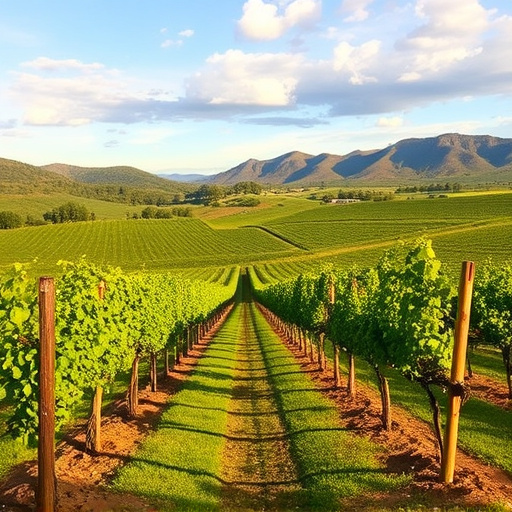
In the picturesque Sonoita region, dry farming is revolutionizing the way local sonoita vineyards approach viticulture. This ancient practice involves minimal to no irrigation, relying instead on deep soil moisture and natural rainfall patterns. By embracing dry farming, these sustainable wineries are not only preserving the region’s unique terroir but also reducing their environmental footprint.
The harsh climate conditions of the Sonoita region, characterized by hot summers and sparse rainfall, create a challenging yet ideal environment for dry farming. Grapes grown in such conditions develop intense flavors and complex aromas, setting the sonoita vineyards apart from their irrigated counterparts. This traditional method fosters resilience in both the vines and the ecosystem, contributing to the overall health and biodiversity of the region’s agricultural landscape.
Uncovering the Eco-Conscious Vineyards of Sonoita: Practices and Benefits
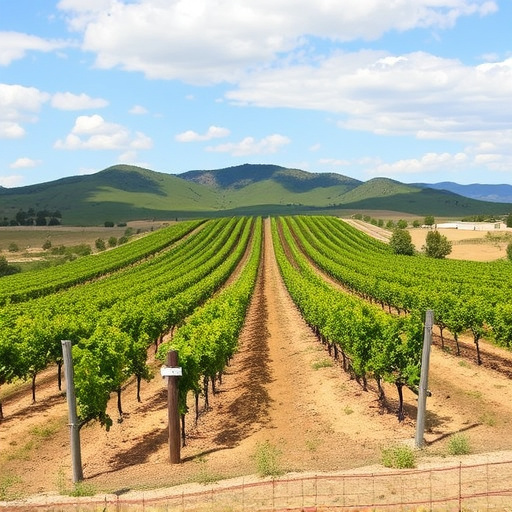
Uncovering the eco-conscious vineyards of Sonoita reveals a region dedicated to sustainable practices that benefit both the environment and the quality of their wines. Dry farming, a distinctive technique in this area, showcases the commitment to minimal intervention. Instead of relying on irrigation, sonoita vineyards allow nature to dictate the water needs of the vines, fostering resilience and promoting deep root systems. This approach not only conserves water but also creates unique flavor profiles in the grapes, making each vintage truly distinctive.
The benefits extend beyond the vineyard itself. By adopting dry farming and other eco-conscious practices, sonoita vineyards contribute to the preservation of local ecosystems. They minimize chemical usage, reduce soil erosion, and promote biodiversity, ensuring a healthier landscape for future generations. This dedication to sustainability is transforming Sonoita into a beacon for environmentally responsible viticulture, attracting wine enthusiasts who value both quality and conservation.
The eco-conscious vineyards of the Sonoita region are leading the way in sustainable viticulture, showcasing dry farming as a powerful tool for environmental stewardship. By adopting these innovative practices, Sonoita vineyards not only reduce water usage but also enhance soil health and biodiversity, contributing to a more resilient and ecologically balanced wine industry. As consumers become increasingly aware of sustainability, the focus on these green initiatives will undoubtedly grow, making Sonoita a beacon for both eco-friendly wines and responsible land management.
